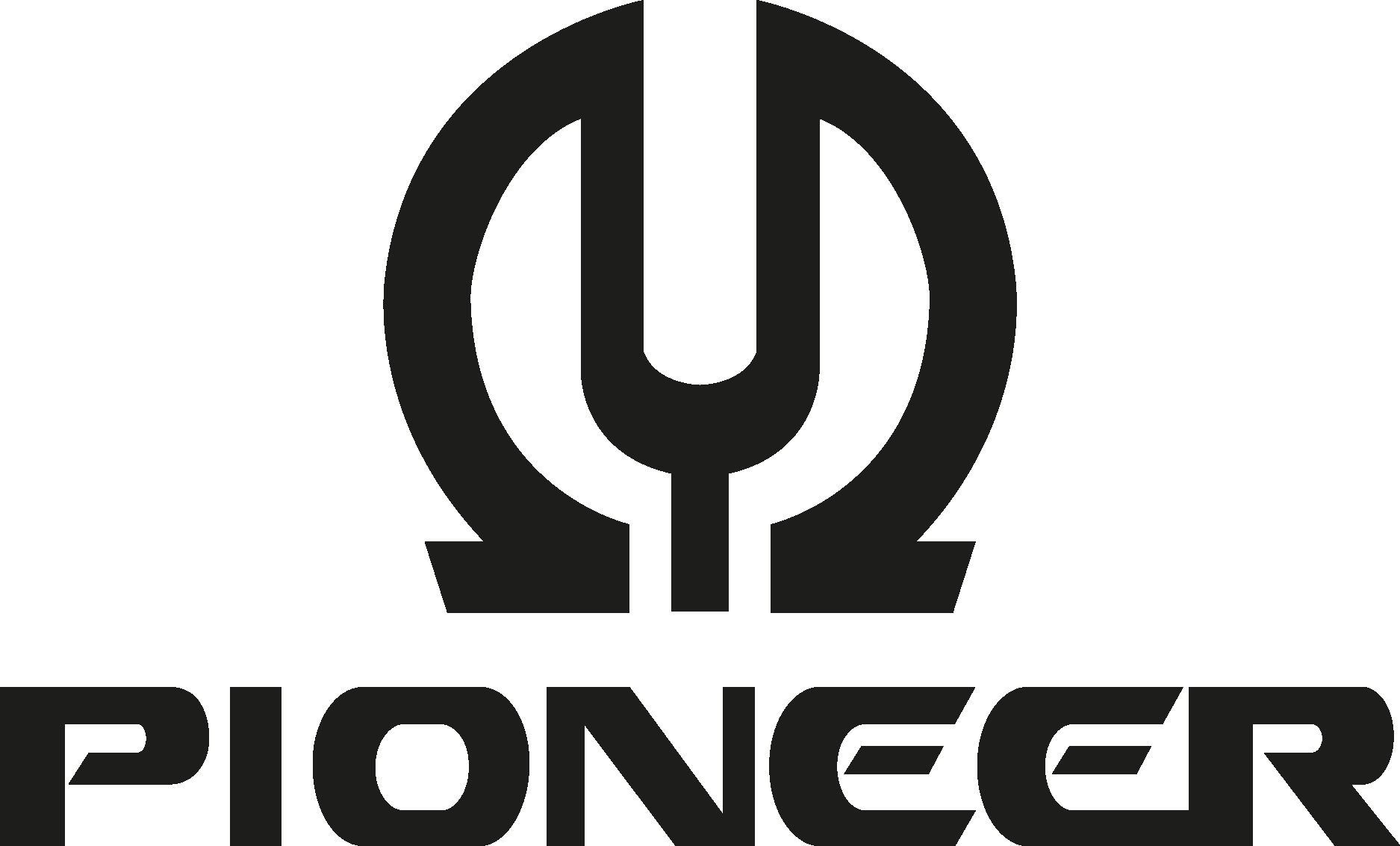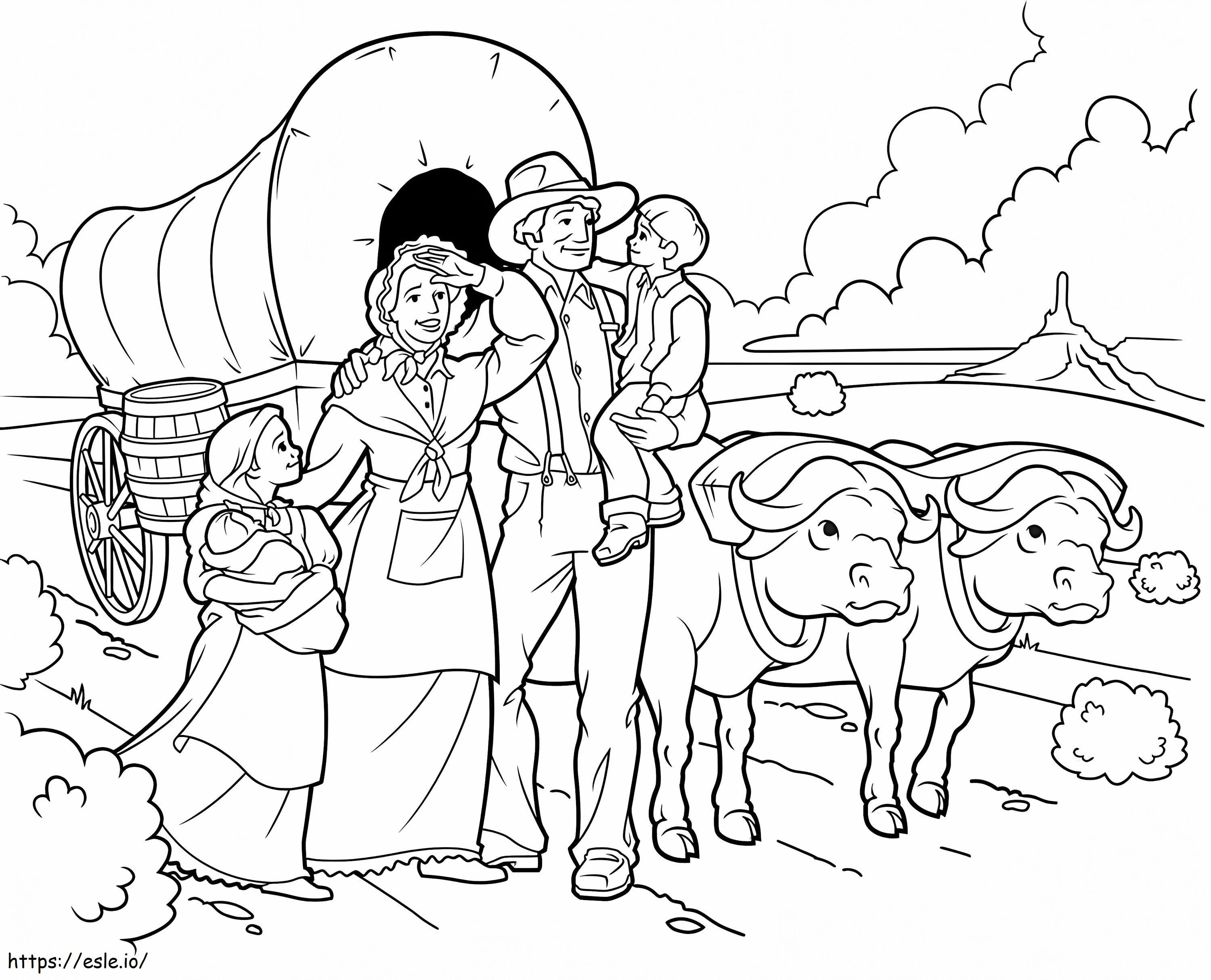Pioneer Woman Stroke: A Story Of Resilience And Hope
When we talk about the phrase "pioneer woman stroke," it’s more than just a medical condition—it’s a story of strength, courage, and survival. Imagine a woman who’s been through thick and thin, blazing trails in life, only to face one of the most daunting health challenges: a stroke. But here's the kicker—she doesn’t let it define her. Instead, she fights back with everything she’s got. That’s what this article is all about. We’re diving deep into the world of strokes, how they affect pioneer women, and most importantly, how to navigate the journey to recovery.
Now, let’s be real for a sec. Strokes are no joke. They can hit anyone, anywhere, and at any time. But what happens when the person affected is a trailblazer, someone who’s used to taking charge and leading the way? That’s where things get interesting. This article isn’t just about the medical aspect of strokes; it’s about empowerment, resilience, and the indomitable spirit of women who refuse to be held back by anything.
So, whether you’re a pioneer woman yourself, someone who loves and cares for one, or simply someone interested in learning more about strokes and their impact, you’re in the right place. Let’s dive in and explore this topic together. Trust me, by the end of this article, you’ll have a whole new perspective on what it means to be a pioneer woman facing a stroke.
- Thelma Riley The Inspiring Journey Of A Woman Who Made Her Mark
- Charleston White Wiki The Untold Story Of A Rising Star
Understanding Pioneer Woman Stroke: What It Really Means
Before we go any further, let’s break down what we mean by "pioneer woman stroke." A pioneer woman, in this context, is someone who’s been a trailblazer in her field or community. She’s the kind of person who’s not afraid to take risks, break barriers, and pave the way for others. Now, when we talk about strokes, we’re referring to a sudden interruption of blood flow to the brain, which can cause serious damage if not treated promptly.
Types of Strokes and Their Impact on Pioneer Women
There are three main types of strokes: ischemic, hemorrhagic, and transient ischemic attacks (TIAs). Each type has its own set of symptoms and complications, but they all share one thing in common—they can be life-altering. For pioneer women, who are often used to being in control, a stroke can feel like a loss of autonomy. But here’s the thing: it doesn’t have to be the end of the road. With the right treatment, support, and mindset, recovery is possible.
Here’s a quick breakdown of the types:
- Exploring The World Of Itscarlyjane A Comprehensive Dive
- Shawnalynn90 The Rising Star In The Digital World
- Ischemic Stroke: Caused by a blockage in an artery leading to the brain. This is the most common type of stroke.
- Hemorrhagic Stroke: Occurs when a blood vessel in the brain bursts. This type is less common but can be more severe.
- Transient Ischemic Attack (TIA): Often referred to as a "mini-stroke," this is a temporary period of symptoms similar to those of a stroke. It’s a warning sign that a full-blown stroke could be on the way.
Recognizing the Signs: Early Detection Saves Lives
One of the most crucial aspects of dealing with a stroke is recognizing the signs early. Time is of the essence when it comes to stroke treatment, so being able to spot the symptoms quickly can make all the difference. For pioneer women, who are often juggling multiple responsibilities, it’s easy to dismiss warning signs as something less serious. But trust me, it’s better to be safe than sorry.
The FAST Method: A Lifesaving Tool
The FAST method is a simple way to remember the signs of a stroke:
- F (Face): Check for drooping on one side of the face.
- A (Arms): Ask the person to raise both arms. Look for weakness or inability to raise one arm.
- S (Speech): Listen for slurred or strange speech.
- T (Time): If you notice any of these signs, it’s time to call emergency services immediately.
By using the FAST method, you can potentially save a life, including your own. Pioneer women, take note—your health is just as important as everything else you’re working on.
Risk Factors for Pioneer Women: What You Need to Know
While strokes can happen to anyone, there are certain risk factors that are more common among pioneer women. Stress, for example, is a big one. Being a trailblazer often comes with long hours, high-pressure situations, and a lot of responsibility. All of these factors can contribute to an increased risk of stroke. But don’t panic just yet—there are ways to mitigate these risks.
Lifestyle Changes to Lower Stroke Risk
Here are some lifestyle changes that can help reduce your risk of stroke:
- Exercise Regularly: Physical activity helps improve circulation and reduce stress.
- Eat a Healthy Diet: Focus on whole foods, fruits, vegetables, and lean proteins.
- Manage Stress: Find healthy ways to cope with stress, such as meditation, yoga, or therapy.
- Quit Smoking: If you smoke, quitting is one of the best things you can do for your health.
These changes might seem small, but they can have a big impact on your overall health and well-being. Pioneer women, take care of yourselves—it’s the only way you’ll be able to continue blazing trails.
Treatment Options for Pioneer Woman Stroke
Once a stroke has occurred, the focus shifts to treatment and recovery. The type of treatment depends on the type of stroke and the severity of the symptoms. For ischemic strokes, clot-busting medications are often used to restore blood flow to the brain. Hemorrhagic strokes, on the other hand, may require surgery to repair the damaged blood vessel.
Rehabilitation: The Road to Recovery
Rehabilitation is a crucial part of the recovery process for pioneer women who have experienced a stroke. Physical therapy, occupational therapy, and speech therapy are all common components of stroke rehab. These therapies help restore strength, coordination, and communication skills that may have been affected by the stroke.
It’s important to remember that recovery is a journey, not a destination. It may take time, patience, and perseverance, but with the right support system in place, anything is possible.
Support Systems: Who’s in Your Corner?
No one should face a stroke alone, and that’s especially true for pioneer women. Having a strong support system in place can make all the difference in the recovery process. This could include family, friends, healthcare professionals, and support groups. Don’t be afraid to lean on others during this time—you’re not alone in this fight.
Building a Support Network
Here are some tips for building a strong support network:
- Communicate Openly: Share your feelings and concerns with those around you.
- Join a Support Group: Connecting with others who have been through similar experiences can be incredibly helpful.
- Seek Professional Help: Don’t hesitate to reach out to therapists or counselors if you need extra support.
Remember, asking for help is a sign of strength, not weakness. Pioneer women, you’ve got this!
Prevention: Staying Ahead of the Game
Prevention is key when it comes to strokes. While some risk factors, like age and genetics, can’t be changed, there are plenty of things you can do to lower your risk. Regular check-ups with your healthcare provider, monitoring your blood pressure, and managing chronic conditions like diabetes and high cholesterol are all important steps in stroke prevention.
The Importance of Regular Screenings
Regular screenings can help catch potential issues before they become serious. Make sure to schedule regular appointments with your doctor, especially if you have a family history of stroke or other risk factors. Early detection can save lives, so don’t skip those check-ups!
Inspiring Stories: Real-Life Examples of Resilience
Let’s take a moment to celebrate some inspiring stories of pioneer women who have faced strokes and come out stronger on the other side. These women are proof that resilience and determination can overcome even the toughest challenges.
A Table of Inspiring Women
| Name | Profession | Stroke Experience | Recovery Journey |
|---|---|---|---|
| Jane Doe | Entrepreneur | Ischemic Stroke | Regained full mobility after 6 months of therapy |
| Emily Smith | Artist | Hemorrhagic Stroke | Returned to painting after 1 year of rehab |
| Sarah Johnson | Teacher | Transient Ischemic Attack | Prevented a full-blown stroke with lifestyle changes |
These women are living proof that a stroke doesn’t have to define you. With the right mindset and support, you can overcome anything.
Resources and References: Where to Find Help
There are plenty of resources available for pioneer women who are dealing with strokes. From healthcare professionals to support groups, there’s help out there if you know where to look.
Trusted Sources for Stroke Information
Here are some trusted sources for stroke information:
- American Stroke Association
- National Heart, Lung, and Blood Institute
- Centers for Disease Control and Prevention
These organizations provide valuable information on stroke prevention, treatment, and recovery. Don’t hesitate to reach out if you need more information or support.
Conclusion: The Journey Continues
In conclusion, the phrase "pioneer woman stroke" represents so much more than just a medical condition. It’s a testament to the strength, resilience, and determination of women who refuse to let anything stand in their way. By understanding the signs, risks, and treatment options, you can take control of your health and future.
So, what’s next? If you’ve found this article helpful, I encourage you to share it with others who might benefit from the information. And if you have any questions or comments, feel free to leave them below. Together, we can continue the conversation and support each other on this journey.
Remember, pioneer women, you’ve got this. Keep blazing those trails, and never underestimate the power of your own resilience. Here’s to a future filled with hope, strength, and endless possibilities!
Table of Contents
- Understanding Pioneer Woman Stroke: What It Really Means
- Types of Strokes and Their Impact on Pioneer Women
- Recognizing the Signs: Early Detection Saves Lives
- The FAST Method: A Lifesaving Tool
- Risk Factors for Pioneer Women: What You Need to Know
- Lifestyle Changes to Lower Stroke Risk
- Treatment Options for Pioneer Woman Stroke
- Rehabilitation: The Road to Recovery
- Support Systems: Who’s in Your Corner?
- Building a Support Network
- Prevention: Staying Ahead of the Game
- The Importance of Regular Screenings
- Inspiring Stories: Real-Life Examples of Resilience
- Resources and References: Where to Find Help
- Conclusion: The Journey Continues
- Who Is Hollie Strano Engaged To Unveiling The Love Story
- Sabrina Banks Leaked The Untold Story Behind The Viral Sensation

Pioneer Woman Stroke Cause Understanding The Factors Behind Health

Pioneer Woman Stroke Best Celebrity Gossip Sites 2025

Pioneer Woman Stroke Best Celebrity Gossip Sites 2025